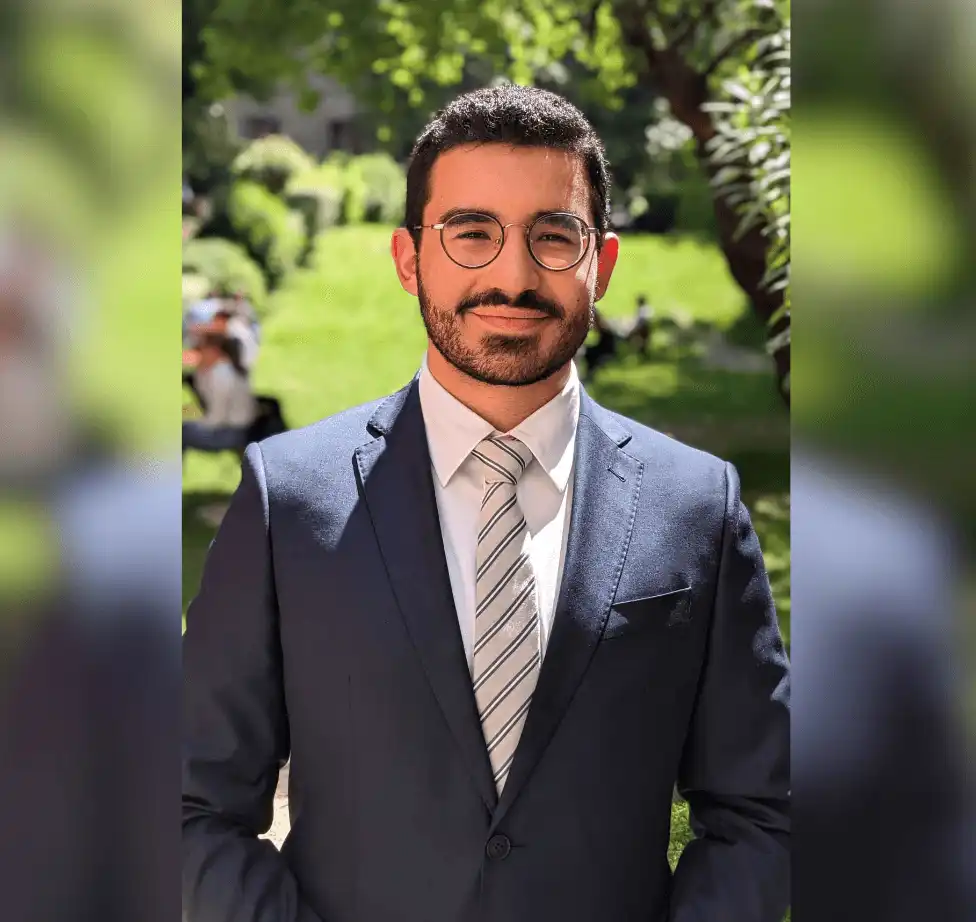Home>Student profile : Zacharie Kartener, in apprenticeship
18.09.2023
Student profile : Zacharie Kartener, in apprenticeship
Can you introduce yourself, what has been your journey so far?
I joined the Urban School for a Master's in STU (Regional and Urban Stratgy) in 2020 after completing my undergraduate studies at Sciences Po. My academic path allowed me to work for various public entities: I completed my collective project at the prefecture of Côtes-d'Armor, my gap year at the prefecture of Bas-Rhin, and then at the European Community of Alsace. Finally, I completed my last year of the master's program as an apprentice at the Ministry of Ecological Transition. Since high school, I've been passionate about environmental issues and climate change, which are very close to my heart, and the Urban School has provided me with the opportunity to work on these topics close to the field.
Why did you choose an apprenticeship, and what were your responsibilities in your role?
The Urban School places a strong emphasis on professional development. From our first year, we were placed in professional situations through collective projects two days a week. This pedagogical model is very valuable because it allows for regular back-and-forth between our studies at Sciences Po and the professional world. The apprenticeship allowed me to extend these professional experiences and specialize further.
At the Ministry of Ecological Transition, I was attached to the General Directorate for Risk Prevention as a mission officer for natural risk prevention. I worked on regulatory matters (clarifying existing environmental provisions), partnership-related tasks (facilitating relations between different prevention stakeholders in France), and strategic aspects. I also explored the concept of "resilience" in the face of climate change, whether it was related to territories or infrastructure, and so on.
How did you experience this opportunity?
I found this experience to be very educational, and I appreciated it a lot.
Firstly, the topics were diverse. I worked on issues related to overseas territories, wildfires in the south of France, and European civil protection. These were technical topics, but they also significantly impacted current events. Secondly, I worked with fantastic people dedicated to protecting us from risks. Lastly, I was given a lot of responsibility and autonomy very quickly. I learned a great deal!
Why choose the STU master's program, particularly the Risks, Environment & Health track?
I appreciate the Urban School's approach to considering public policies and actor strategies regarding territories. Effective public policy, especially in ecology, cannot overlook the importance of territories. There is also a significant issue concerning the relationship between public services, territories, and their users, which is currently in crisis.
When choosing my master's program, I hesitated between the GETEC and STU master's programs because I was already convinced: I wanted to dedicate my career to ecological transition. STU won me over with its diverse curriculum, particularly the "Risks, Environment & Health" track, which allows for specialization in risk-related topics (natural, technological, etc.). Risks and disasters are closely linked to climate change, which exacerbates them. I want to contribute to making France better prepared for the uncertain future.
What are your future plans?
Yes, I have greatly enjoyed my various experiences with public actors, and I wish to continue in this direction. Therefore, I have joined Sciences Po's preparatory course for civil service exams. I plan to take exams for various public service positions, including those related to maritime affairs, the city of Paris, INET, and INSP.
